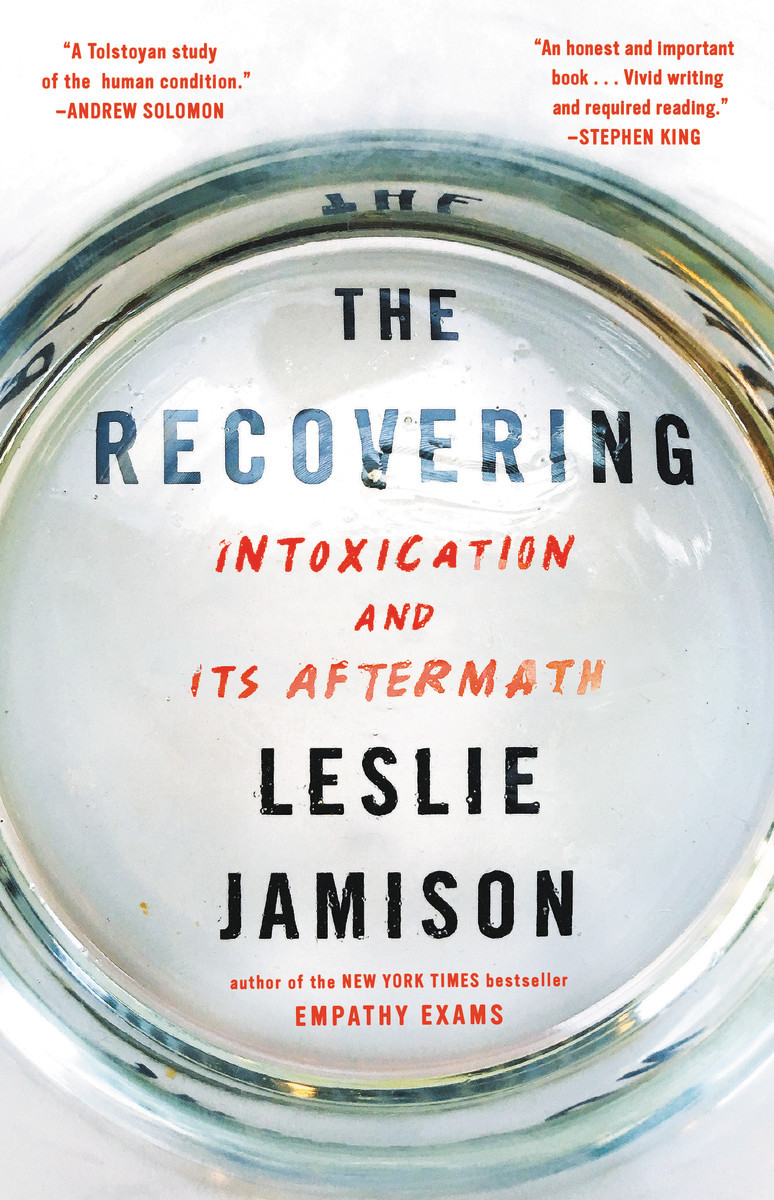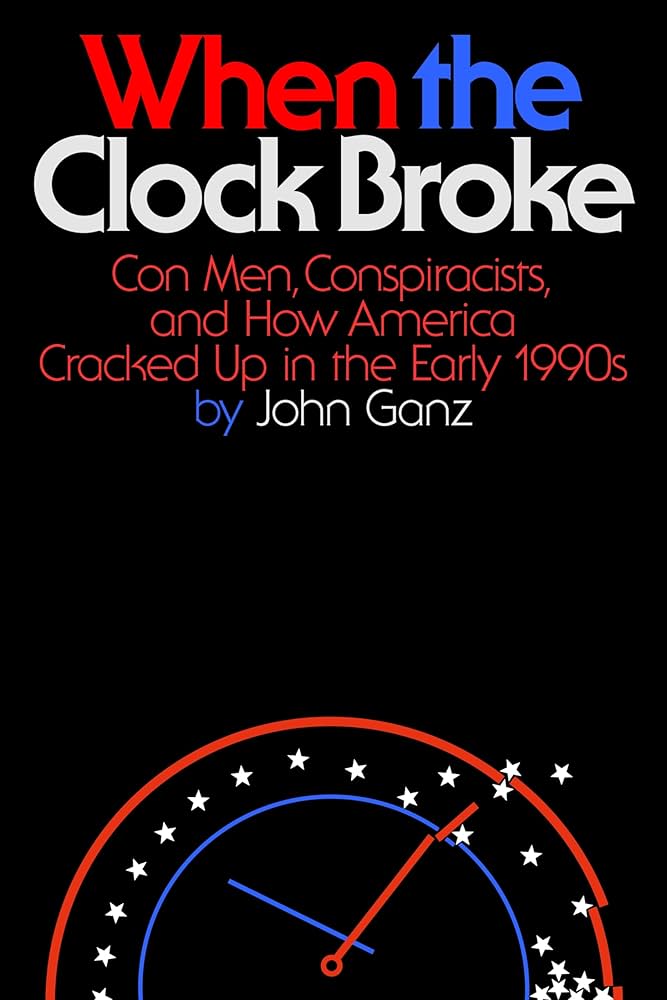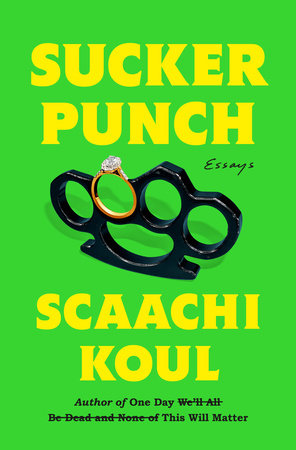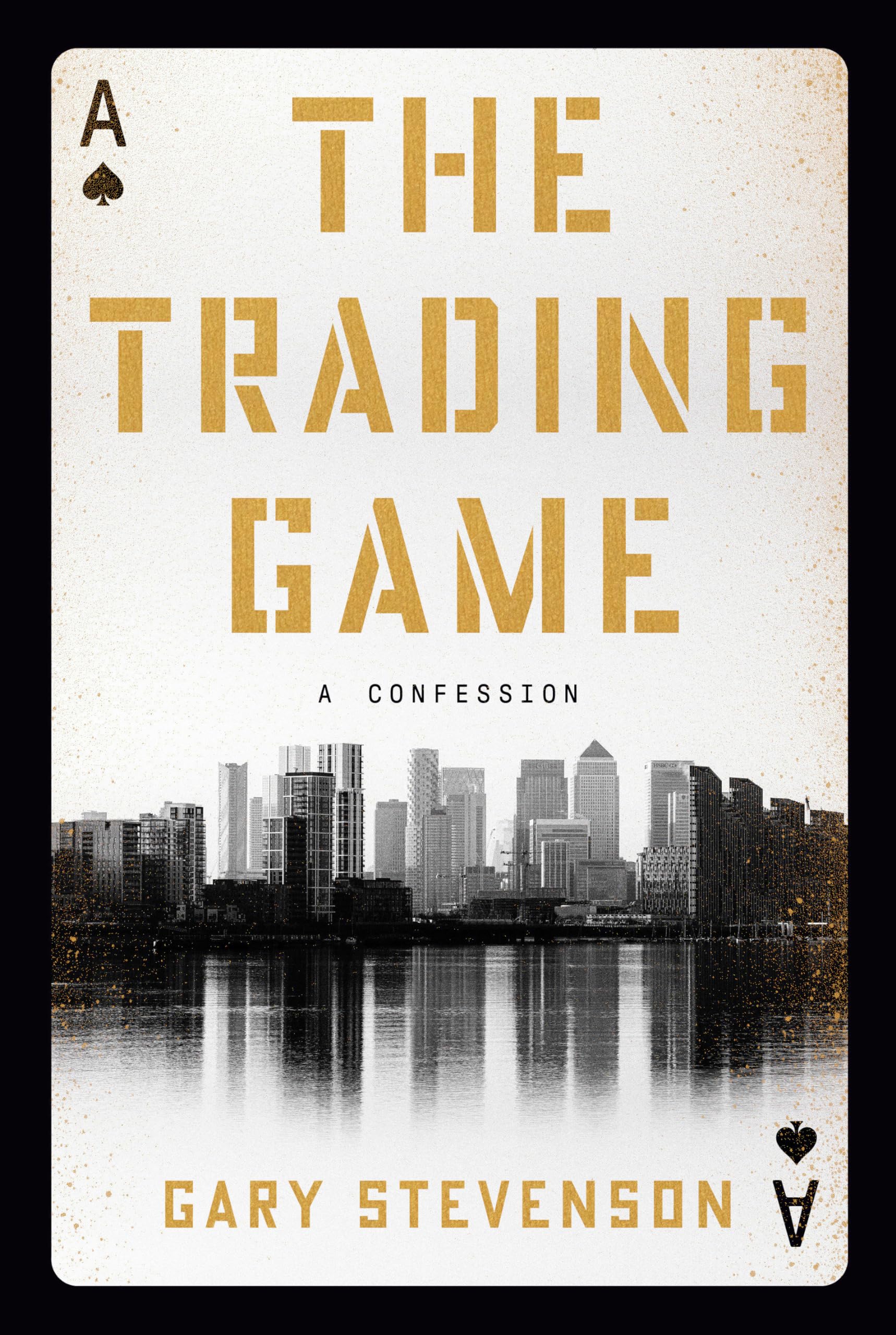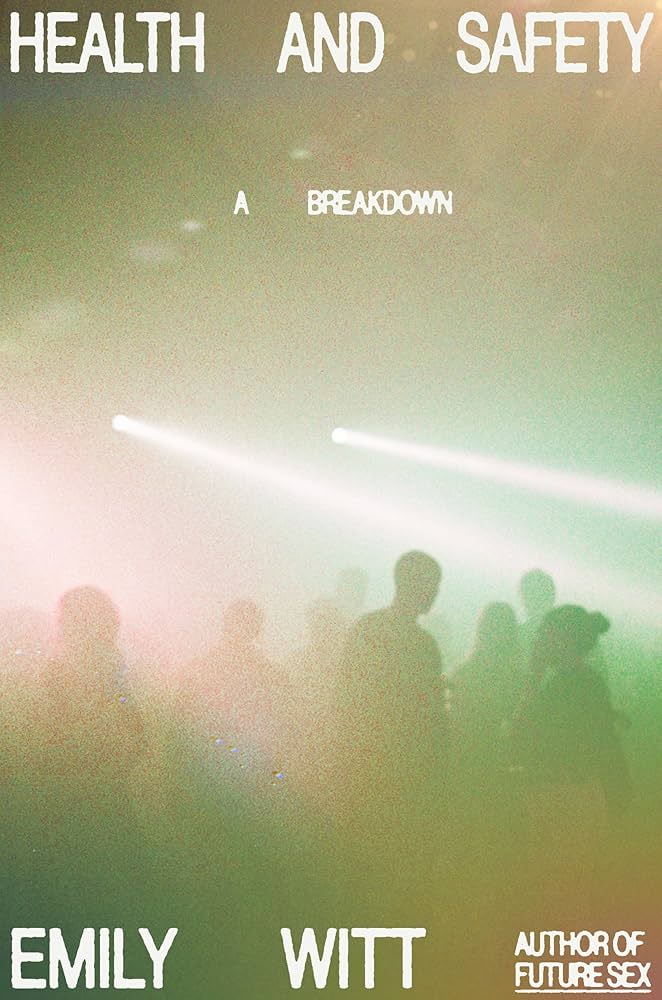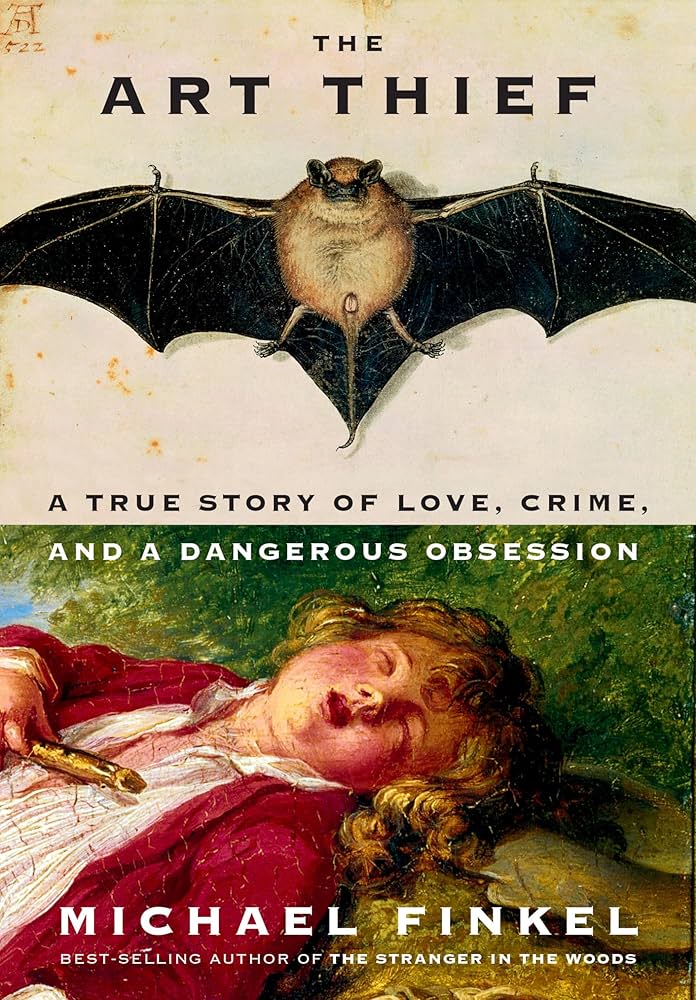There’s a concept that Leslie Jamison intruduces halfway through The Recovering that I can’t stop thinking about. Witness authority describes the importance and credence we give to someone who tells a story that feels like it’s ours. It’s part of what makes group therapy effective — as a newcomer, hearing someone tell stories that sound like yours can help you to believe in your own ability.
Jamison is an authority in more than one area with this book. She has witness authority for sure — The Recovering is an addiction memoir at heart — but it’s also a detailed work of researched nonfiction, a study of substance addiction in famous 20th century writers, and a cultural criticism about how those who suffer with addiction issues are judged and treated in America. Much of this book was either included in her dissertation, or a product of the research she did for it.
I’ve got a complicated history with addiction that I’d rather not get into here — suffice to say that many of Jamison’s anecdotes were uncomfortably close to home, and I appreciated reading them (hence witness authority). Jamison recognizes the challenge of writing an addiction memoir. It’s critical to tell the truth as much as possible without embellishment (she name checks James Frey on this point), but the writer is also expected to tell a story that’s unique and compelling and not “just another addiction memoir”. I don’t know how common her personal story is, but I found it the most compelling part of the book.
That isn’t to say the rest is uninteresting. Precisely the opposite: her research about writers and artists including Raymond Carver, Malcolm Lowry, Billie Holiday and David Foster Wallace is meticulous and insightful, prodding at the archetype of the troubled genius, and the idea that addiction leads to great art. She documents the history of Bill Wilson (a.k.a. Bill W, founder of Alcoholics Anonymous), and frequently references In the Realm of Hungry Ghosts which is another transformative read on addiction.
She also profiles Harry Anslinger, the first commissioner of the U.S. Treasury Department’s Federal Bureau of Narcotics, who did as much as any single individual to shape public opinion of aaddicts as deviants and criminals. This was new history to me, and I could have read a whole volume about his life and legacy.
The last 100 pages of the book had sections that felt like a slog. the book lost me a little toward the end when Jamison began to tell the stories of people from Seneca House, an addiction treatment facility that ran from the 1970s to the 1990s. This piece in The New Yorker (archive link) articulates it better than I could:
But the stories of others seem to weigh her down, and the tedium she fears begins to find its way into the book. Perhaps this is due to the contrast between her way with words and theirs, or between her talents as a memoirist and as a reporter. But, although she interrogates herself relentlessly, she seems content to let her subjects rest in their “practiced narrative grooves.” And when she does question one of them the result is a jarring reinforcement of the A.A. ideology, one that seems to come at the subject’s expense.
That’s fine, and certainly doesn’t invalidate what comes before it. What Jamison has done here is special and difficult, and I’ll come back to her story a lot.
I haven’t read anything else by Jamison before, but I’ll certainly seek out more of her writing.

